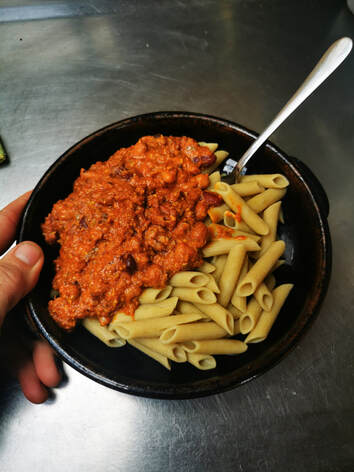 New Zealand went into their second Level 4 lock-down last Wednesday 18th August on only my second day at my new job as assistant gardener at a retirement village. 'What an opportunity' I thought to myself. Here I was in an isolated cabin halfway down the property tenant's jungle of a backyard garden, a writing desk, a kitchenette (double hotplate, fridge, basin, jug), and time on my hands to continue writing Dim Day. One of the tenants visits the beach every morning here in Paekākāriki which was great non-verbal encouragement for me to do the same - most mornings I have. Once lock-down arrived I chose to be a lot more discreet about it, running approx. 3km up the coastal trail, checking out how deserted the beach is before finding an unoccupied spot to wade in and feel the rush of winter salt water washing over me before jogging back to keep up my warmth. Occasionally the debris lapping in on the morning waves has left me less clean than when I went in, so on my arrival back I pop around the corner of the cabin out of sight and have a hose-down. A minimum of 21 press-ups, 21 "leg-ups" (lying on my back and lifting the legs up and down) accompany the morning rising from my bed, or the return from the sea, occasionally I do straight-leg sit-ups with my back as straight as possible. The abs aren't quite showing yet, but that's probably the fault of that packet of Toffee Pops and Whitaker's Artisan Chocolate I bought last week (...and the yoghurts, and the salamis, and the cheeses I bought many times before that as well!). But still, as I said to our new flatmate ("resimate" as I refer to the house dwellers on the property (i.e: Residential Mates)) when she expressed the fact that at her current mid-50s age this is the healthiest, both mentally and physically, that she has ever been, I concurred and was able to relate - in my 44 years this is also the healthiest, mentally and physically, that I have ever been. There is a photo of me from 2010 with quite a puffy face - years of Burger King, Burgerfuel, and heavy protein and carb dinners that weren't being worked off. Since moving into my car and living on the side of the river from 2018, all that unnecessary fat has been shed; with a much more consistent approach to physical body toning without any obsessive desire to build muscle, a massive reduction in food focusing on one good meal each day and only snacking (at most) (mostly nuts) beforehand (and coffee with honey replacing sugar) adding up to an average of 1.5 meals a day, I have consistently weighed-in at less than 67kgs for the past four years. There is no guilt should I choose to eat some Toffee Pops, some licorice (unless I eat them all at once, which I have done *shakes head sadly*), because I know that their energy source will get used rather than be stored (I mean, mostly - like I said, my abs still aren't showing *grumpy face*). Anyway, enough about me. Dinners are coming along just fine. As you can see, tonight I made a crushed Pumpkin and Sunflower Seed curry with mixed beans on pulse pasta instead of rice. A very tasty meal for this lone red cabin dweller. But this is not a lone lock-down bubble (though I would have no problem if it was). Every day of the week, the five of us take turns cooking for one another in the house (back of photo, extra sleep-out to left), and have ranging conversations from gardening (everyone's a gardener, except me - total newbie!), to books, to music, to covid, to "can we trust the authorities???" - it's all up for discussion, and makes the evening over a glass of wine that much more enjoyable. But what about Dim Day? Yes, what about the novel I've been trying to write since 2009? I have reached 48,000 words with only 5-6 scenes left to either write or finish off, which I expect the total word-count to be around 60,000. This is a good amount, as there has been a bit extra world-building going on, which I am cautious about. Why? Is not solid world-building the goal? Yes, but this book was never meant to describe a 'world' as such; it was only ever meant to describe a place. Imagine walking into a theatre to watch a play, seeing the curtains rise you know that the props in the background are not real, but you suspend your disbelief and invest in what the actors portray. This was always my intention, and I have tried to keep that world-building to a minimum so that the reader doesn't get distracted, so that the reader only knows what supports the story directly related to the characters. This is not science fiction, this is not mainstream 'genre' fantasy, I wouldn't even call it magic realism; there is no magic, there are no monsters and strange creatures, no technology advancing and changing society other than what characters may project with limited knowledge; what there is instead are animal and plant variations that inhabit their own ecological niche, there are people who act and feel like us living in a similar past, but there is only this place, similar, but very different, and the story that unfolds from one dim day to the next... Viriconium is a tough read – you might want to immerse yourself slowly in the language M. John Harrison uses to describe his vision of Earth in a far-distant future, otherwise you may find yourself drowning: Big words and long descriptive passages are his stock in trade…
As a writer, I found the language fascinating; as a reader I found the passages hard-going and I began to question why I was still reading this book, considering that I had struggled through only a quarter of it. Wouldn’t I get more satisfaction from riding my skateboard out in the sun? Perhaps even working on that song that I wrote the other night that doesn’t have any lyrics yet! There had to be a reason I was wading through these verbose descriptions that culminated in dizziness and a weight-riddled head, as though my brain was trying to bust out of the skull in an attempt to escape. There had to be. Flipping the book over, I read the quotes on the back cover: “Harrison is a blazing original …” (Clive Baker).I nodded my head – he was definitely different. “One of the best modern writers of fantasy. No, one of the best modern writers period” (Katharine Kerr). Harrison wasn’t convincing me of his brilliance. “No-one can use words like M. John Harrison. They trust him” (Michael Marshall Smith). Maybe my problem is that I don’t trust words, maybe that’s why this book is such a hard slog through tortuous word-thickets and albescent quicksands of paragraphs. And yet I pick the book up again and push on. It’s true, y’ know – I don’t trust words. Words cower when I demand their use, they go into hiding, they look for better writers than me to express their inner beauties. I stumble. Far too often, Over my own inadequacies. So I rest for a while, have a break from reading. Midnight is closing in and I have words, many of them – mostly Harrison’s – swirling around my head like a thesaurus. But what to do with them? I pick up pen and paper and suddenly words come pouring out in short verse-like sentences that don’t make any apparent sense, but I don’t care because I am writing, and words spill forth with more enthusiasm than ever before, demanding that I write them down instead of going into hiding. Where once inspiration would peter out under the weight of criticism, here instead, I let go of all preconceptions and get more done. I titled the piece ‘The Candle End of Time,’ but when I had the (brilliant) idea to attach it to the heavy metal song without lyrics that I had written the previous day, it became ‘The Sign of the Locust’ – both are references to Viriconium, the book that taught me to trust words. It is ironic that in preparing for this essay I read an article where Harrison states: “This is one of Viriconium’s many jigsawed messages to the reader. You can’t hope to control things. Learn to love the vertigo of experience instead.” Reading Viriconium was nothing short of experiencing vertigo!
The Sign of the Locust |
Details
Some updates to keep me updated. Archives
April 2024
Categories
All
|

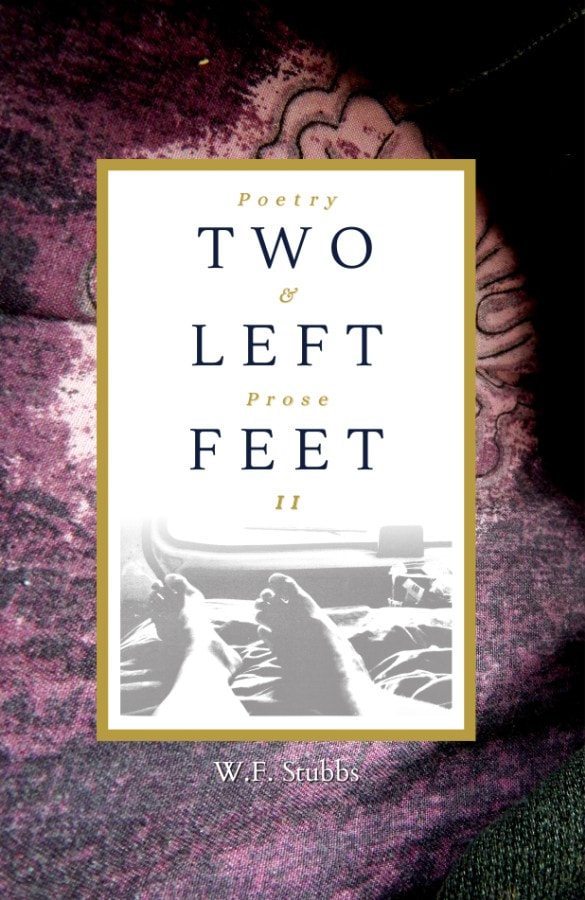
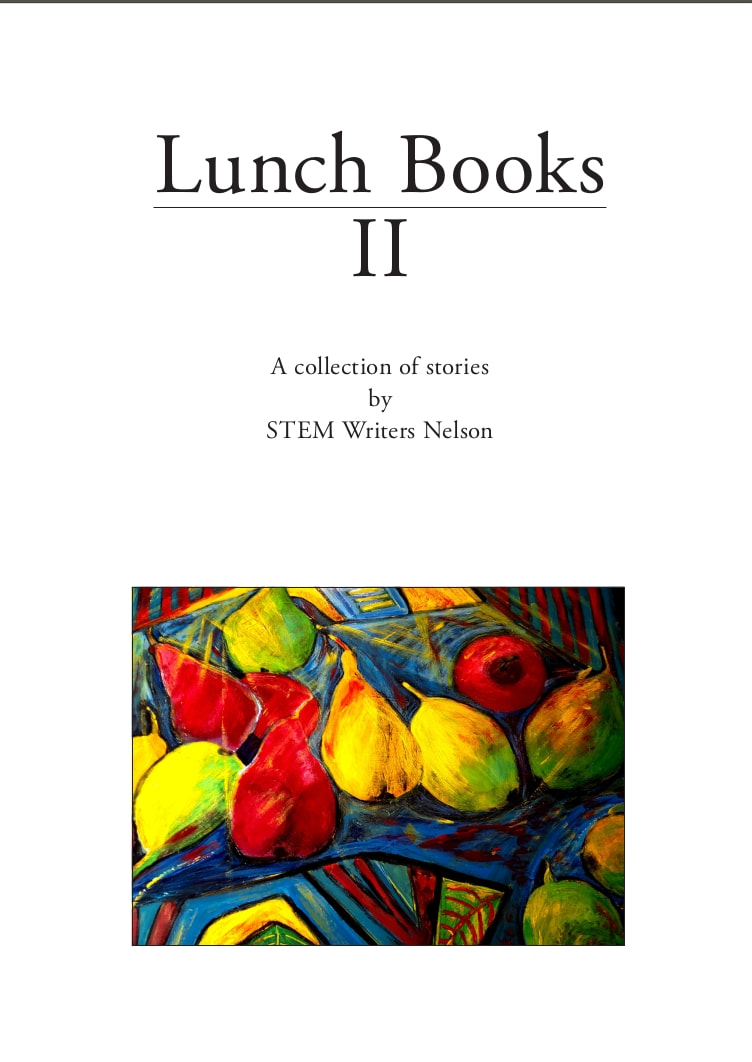
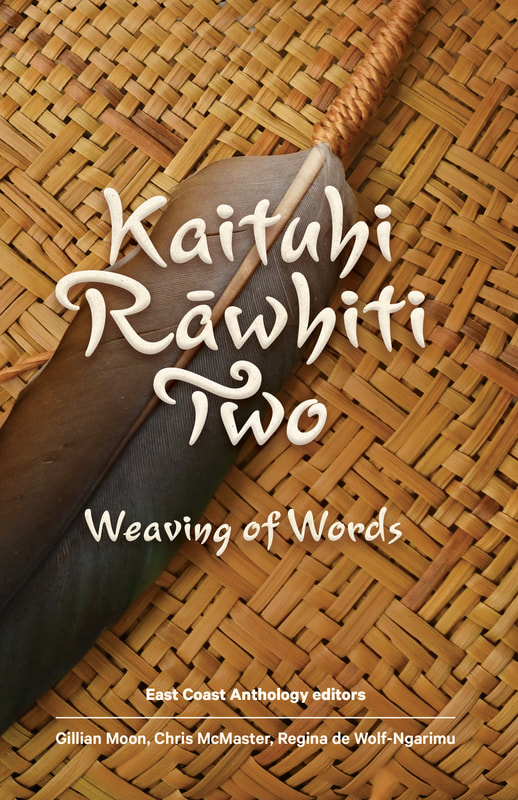
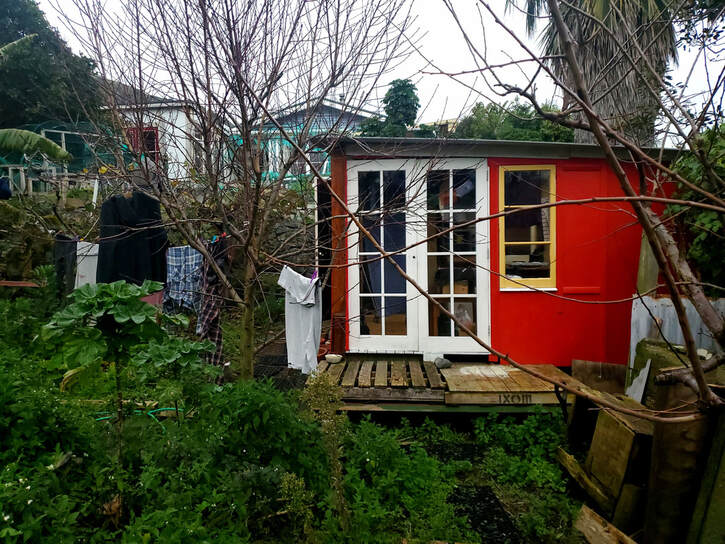
 RSS Feed
RSS Feed